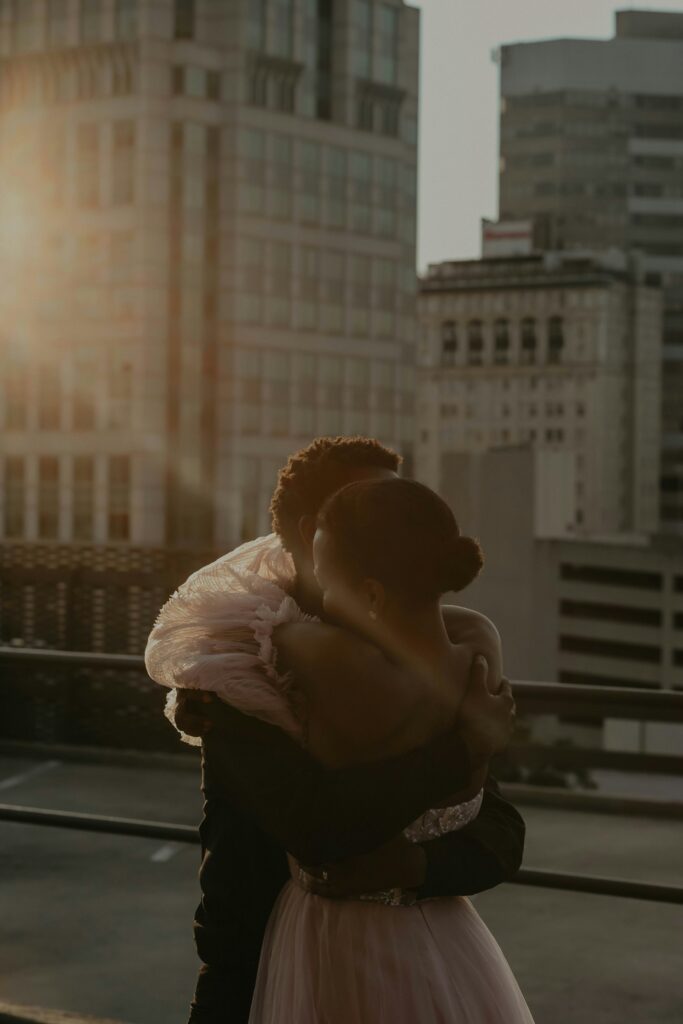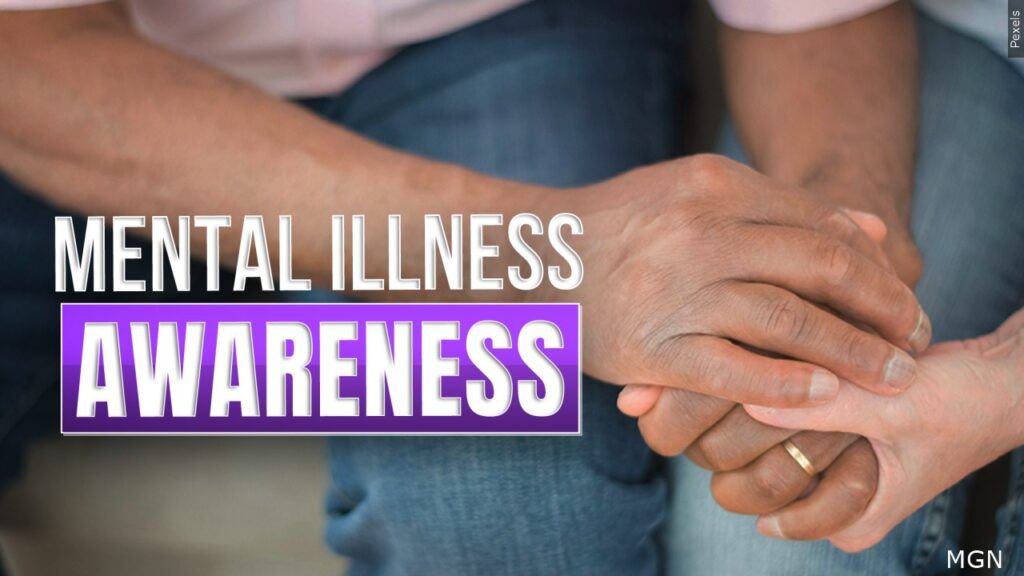As someone who grew up watching such iconic Black love films like “Poetic Justice”, “Love Jones” and countless others, the bar of expectation for encountering my husband by the age of 24 was set at an all-time high. As an HBCU student, the image of a cliché Black love story that reflected plots of “Drum Line” or “Stomp the Yard” was engraved in my head until there became a shift in perspectives of the true meaning of love and the lack of fascination of being in relationships.
Consumed by the infamous philosophical quotes of @justinlaboy and the rotation of trending news headlines by The Shade Room, social media continues to reflect the erosion of Black love within the standards being set for Gen-Z.
The High Expectations of Black Love in the Age of Social Media
We live in a world where social media platforms continually shape sociocultural consciousness and have begun to alter how love and relationships are perceived, especially within the Black community. Ultimately this poses the question: What will the future of Black love look like in reality, beyond the influence of the social media age?
Kendal Way, a 24-year-old FAMU alumna, defines Black love as a deep connection between a Black man and woman who support each other unconditionally. She acknowledges the challenges in Black relationships and believes that more honesty and pure intentions could resolve many issues Gen-Z overlooks.
“I don’t think social media has killed Black love, but its only made it harder to decipher what is real versus what love is fake,” Way said. “Lust and infatuation are more prevalent and I think we need to encourage healthy, stable relationships that are mentally and emotionally mature, and less of the baby mama/baby daddy culture and toxic pairings.
I think social media has inadvertently made a lot of people lonely. Honestly, Gen-Z should be more upfront and not be with people just for the sake of not being lonely.”
Jalen Mason, describes that Black love is a blessing that comes from two African American individuals come together to love and nurture each other but social media has attributed to the erosion of Black love.
“Social media has given people the ideology that we have an unrealistic number of options which has increased the lack of loyalty in our generation as well as pushing a dividing narrative against each other,” Mason said. “But I think one thing that Gen-Z can do to resolve this is to stop letting the past carry over into our current relationships and having unrealistic expectations and just be happy with the true experience of your personal relationships. Also, a lot of things don’t always need to be said or have a reaction especially on your public social media platforms.”
How Social Media Shapes Perceptions of Love Among Gen-Z
Platforms like Instagram, TikTok, and X (formerly known as Twitter), often showcase curated snippets of what a seemingly perfect relationship looks like. Encompassed with viral grand gestures, flawless aesthetics, the normalization of toxic dynamics is deeply rooted in majority of the Black relationships people emphasize. Terms like “relationships goals” have fallen in the shadows of ones like “situationships” once the idea of a real relationship fails to mirror these skewed standards.
According to the U.S. Census Bureau, although the overall marriage rates in the U.S. have been on the decline more dramatically among Black adults. By 2020, the rate of never married Black men rose to 51.4% and 47.5% for Black women. To put this in perspective, only 13.6% of the U.S. population identifies as Black or African American alone.
It is also presented by Georgia State Researchers that only 29% of African Americans are married, making them the “most unmarried racial/ethnic group in the United States,” though a large majority want to be married. Additionally, Bowling Green State documents that Black adults have the highest divorce rate and lowest marriage rate in the U.S between the ages 18 to 29.
In addition to historical and societal pressures such as systemic racism, economic disparities, and the stereotypes surrounding Black masculinity and femininity, it’s clear that social media is not the only factor contributing to the lack of longevity in Black relationships.
Despite these challenges, Black love remains resilient. Gen-Z must take back the story of love to combat the negative impacts of social media. By setting boundaries, having self-awareness, and creating authentic connections we can redefine Black love. As we navigate the complexities of the digital era, fostering conversations about healthy relationships will help diminish the trending toxic relationship standards and preserve the essence of Black love.













